Calculate your optimal bedtime
We need the right amount of sleep to stay healthy and feel refreshed, but what does that mean for you?
Try our sleep calculator to find out. 👇
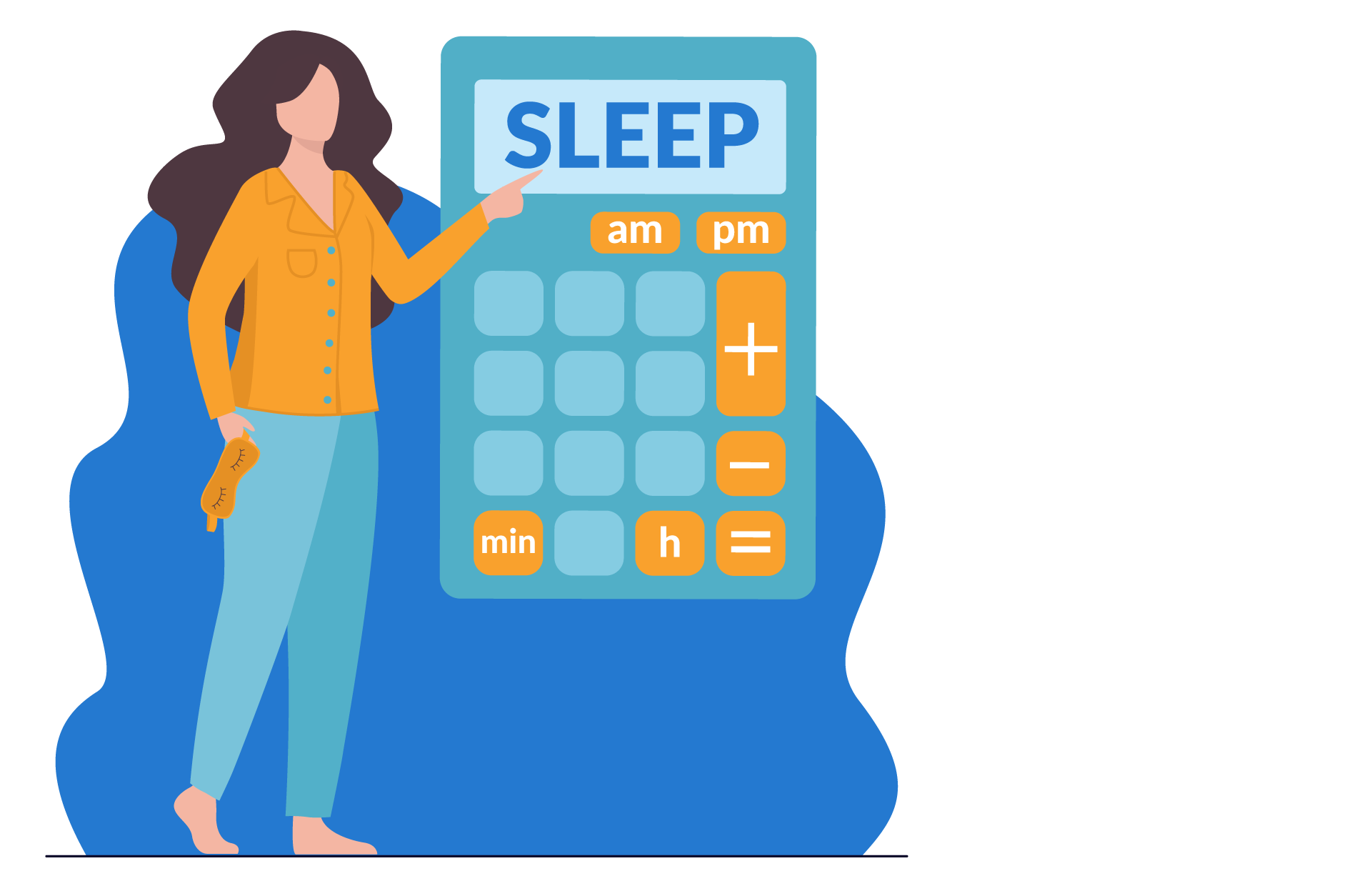
25
If you'd like to wake up at , these would be your recommended going-to-bed times:
If you'd like to go to bed at , these would be your recommended wake-up times:
Why should you use a sleep calculator?
When we go to bed at night, we embark on a journey. 🧳
Our brain activity, breathing and body temperature change constantly during the night.
Although we don't move, we are very active. 🏃♂️
By the time we open our eyes again the next morning, our bodies have gone through several sleep cycles.
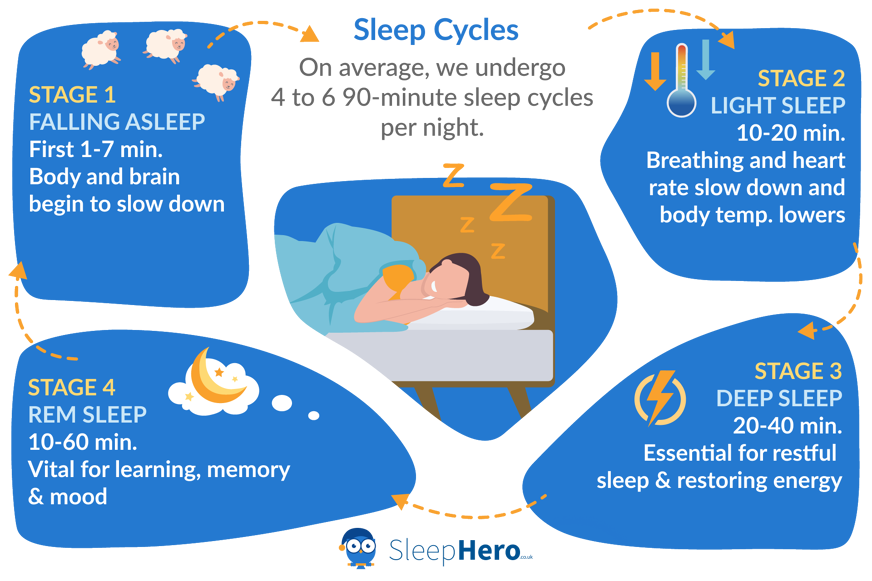
If we go through too few cycles or are awakened at the wrong point, it will have a negative impact on our rest, mood and performance throughout the day. 🌞
Getting enough sleep is just as important for your health as food and water.
In fact, getting the right amount of sleep can help prevent disease, boost immunity and improve mental health [1]! 👩
Our sleep estimator will help make sure you get your bedtime right.
Once you know the best time to sleep, you'll know when to set your alarm clock to get just the right amount of sleep!
What happens if you don't get enough sleep
There are only so many hours in the day, and with so many things competing for our attention, it's no surprise that many of us sacrifice sleep.
If you've ever gone for a night or two with not enough sleep, you'll know how awful it can feel. 😿
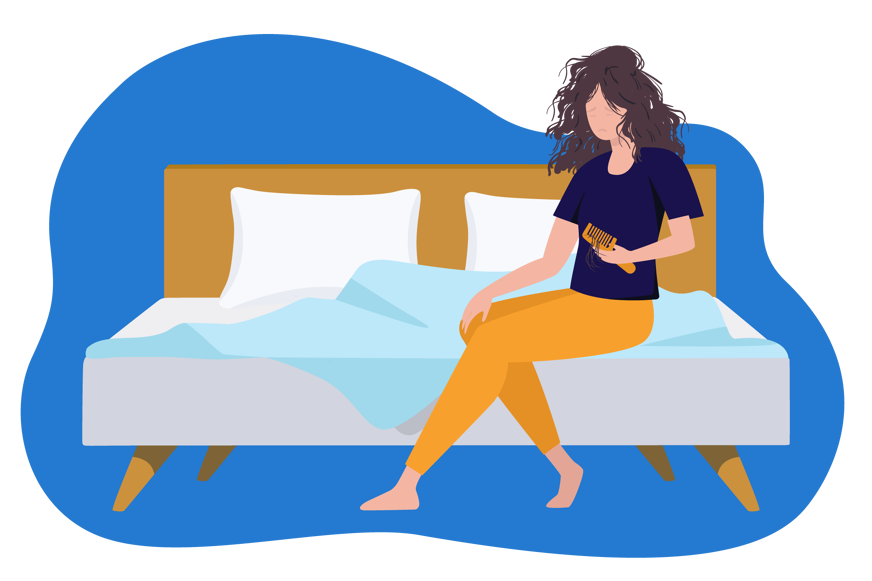
A 2021 YouGov survey [2] on the average sleep time in the UK found over 40% of British adults were getting less than the recommended 7 to 9 hours of sleep per night.
But what happens if we sleep too little?
Short-term sleep deprivation consequences:
- Lack of energy
- Irritability and mood swings
- Slower reaction times
People who continuously don't get enough sleep can see its impact on their everyday lives.
Unfortunately, too little sleep can cause much more than temporary tiredness. 🤒
There are also some serious long-term health problems [3] tied to lack of sleep.
Long-term sleep deprivation consequences:
- Getting sick more
- Weight gain and diabetes
- Cardiovascular diseases and problems
- Increased risk of depression and anxiety
- Reduced cognitive function
- Hormonal imbalances
Knowing how much sleep you need and actually getting it can improve your life today and in the future. 👯
Day and night: the circadian rhythm
Circadian rhythms are 24-hour cycles [4] that are part of our body’s internal clock. ⏰
These rhythms help our bodies prepare for environmental changes, including when we eat and sleep.
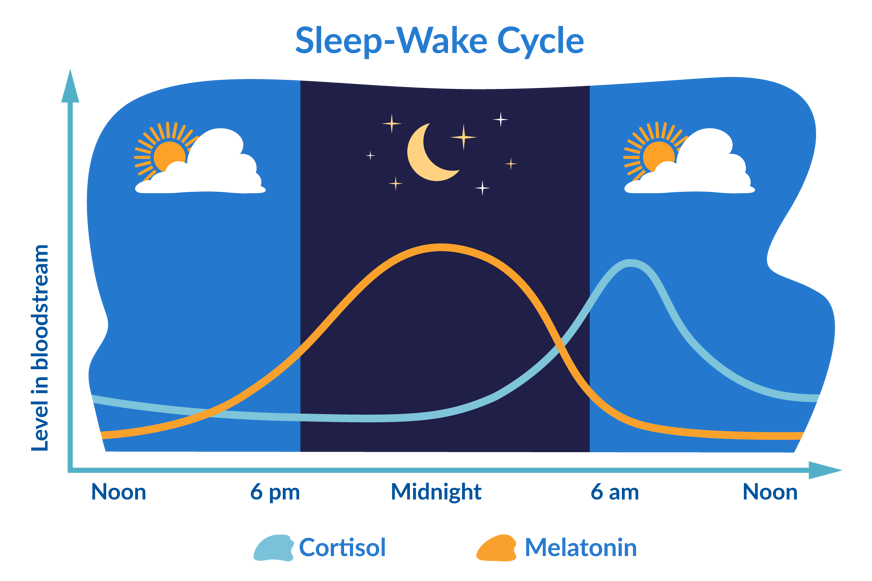
Because of our circadian rhythm cycle, our body begins producing melatonin [5] when the sun has set (generally at around 9 pm). 🌅
This is the body's sleep hormone.
Melatonin helps regulate our sleep-wake cycle, promoting a consistent and quality night of sleep. 💤
Sunrise and light stop melatonin production, and the body begins to produce the stress hormone cortisol to prepare us for the coming day.
If you want to ensure you get a great night's sleep, using our sleep cycle calculator to sleep according to UK seasons and your circadian rhythm can help.

For instance, you might find waking up earlier in summer easier because the sun rises earlier, triggering cortisol production.
An earlier bedtime or sunrise alarm clock could help [6] with this even further.
What is a sleep cycle?
A single sleep cycle for an adult human lasts an average of 90 to 110 minutes [7].
Each cycle is made up of four different sleep phases.
These phases repeat until the point when we wake up.
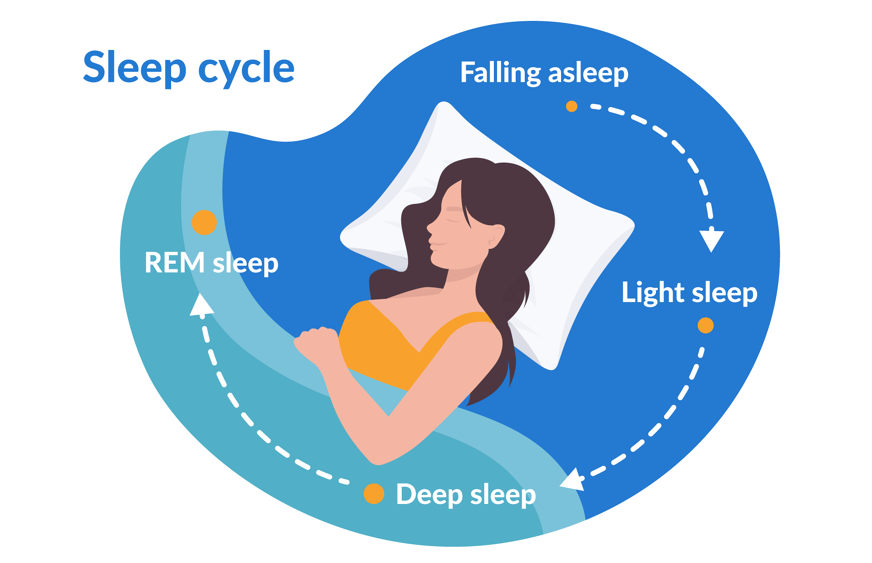
Each of the stages of sleep is characterised by certain features.
The deep sleep and REM sleep phases are especially important for our rest and recovery. 🔁
Phase 1 non-REM sleep: Falling asleep
The falling asleep phase begins from the moment we turn off the light and close our eyes. 🥱
This is where our heart rate, breathing and brain activity slow down.
This phase is unique as it is (usually) only part of our first sleep cycle.
In subsequent cycles, the body skips this phase and goes directly into a light sleep. 😴
Phase 2 non-REM sleep: Light sleep
While our eyes are still moving during the falling asleep phase, they come to rest completely during light sleep.
At the same time, our muscles slowly relax, and we slide into a deeper sleep. 💤
On average, we spend about half of the night in the light sleep phase.
Phase 3 non-REM sleep: Deep sleep
Finally, we reach the deep sleep phase, where our body can best recover. 💆
In this phase, our body activity is at its absolute minimum.
We are never more relaxed than during this phase. 🛌
The deep sleep phase is when our muscles, brain and immune system are able to recover.
We usually spend 30 minutes per sleep cycle in the deep sleep phase.
REM (Rapid Eye Movement) sleep
Suddenly, everything changes.
Our eyes begin to flicker, and our brain activity increases as we reach the REM phase. 🧠
This occurs between the end of one sleep cycle and the beginning of a new one.
The REM phase is where we dream.
Images, conversations, feelings and memories are awakened and classified in this phase. 🔎
The REM phase is essential for our memory, learning, creativity, and other cognitive functions [8].
After about 10 minutes in the REM phase, we either wake up briefly or return to light sleep.
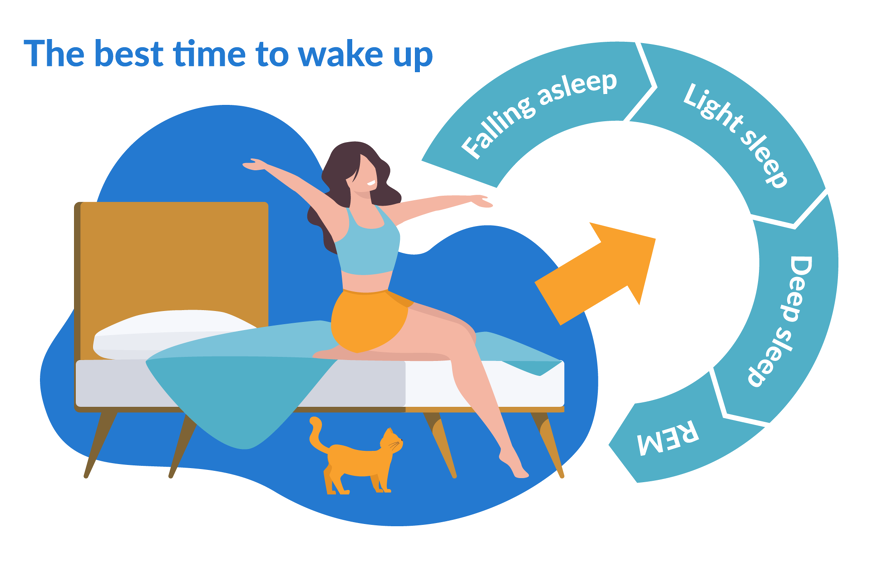
The REM sleep calculator shows that the REM phase is the best time to get up. ⏰
What is the best time to get up in the morning?
You’ll feel most rested when you get up at the end of a sleep cycle.
If, on the other hand, you are pulled out of sleep during the deep sleep phase, you will feel very tired.
With our sleep calculator, you’ll get up feeling ready to face the day! 😃
The sleep calculator shows you when you need to go to bed based on your wake-up time.
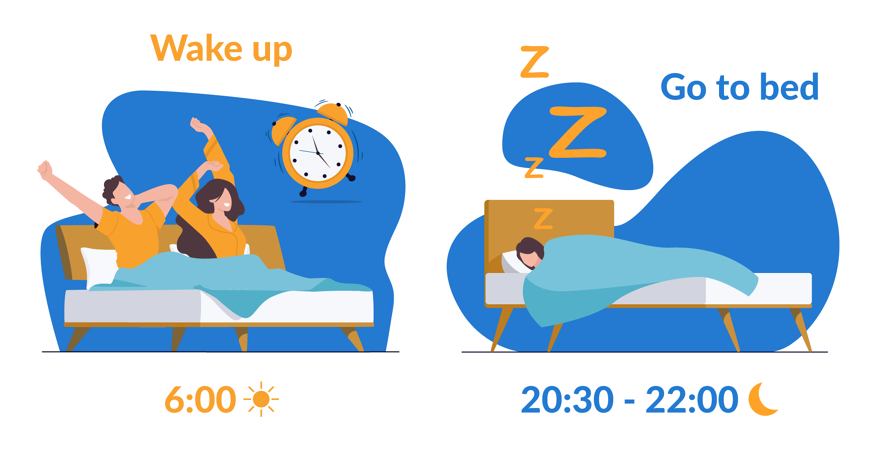
It makes sure you will have the time to go through enough complete sleep cycles to feel rested when you get up.
This allows your body and mind to recover overnight. 💪
How much sleep do you need for your age?
How much sleep a person needs depends on their age and how long it takes them to fall asleep.
But how much sleep do adults need compared to kids?
Babies need a longer sleep duration, while elderly adults need less sleep.
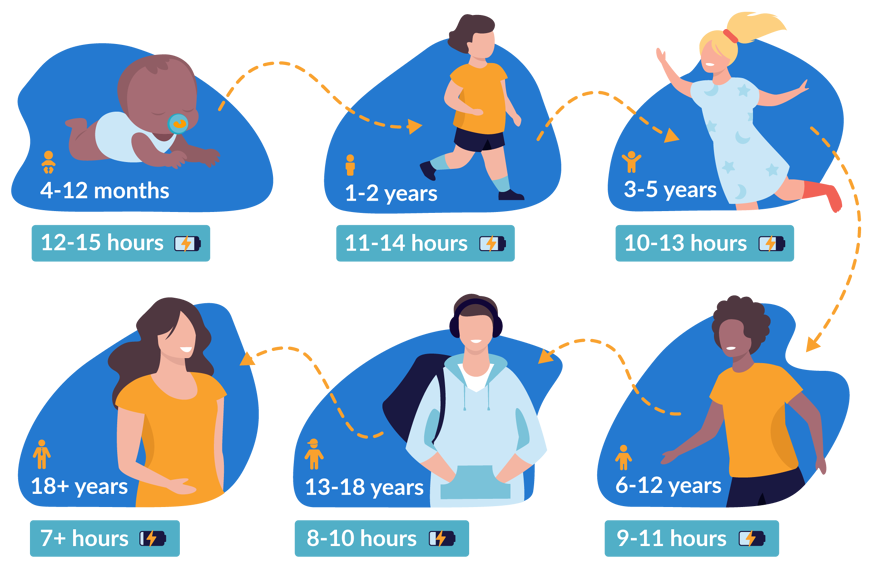
Our sleep cycle calculator takes different age groups into consideration – so everyone can use our sleep calculator! 🧮
Sleep calculator for kids
For young children, sleep is an important time to process the experiences of the day.
The younger the child, the stronger the stimuli they receive from their environment.
You can use our sleep calculator for kids and babies so you can get them to bed on time for a happy and healthy tomorrow.
Babies need more sleep
Newborns need the most sleep of any age group, totalling almost twice as many hours of sleep compared to adults. 👶
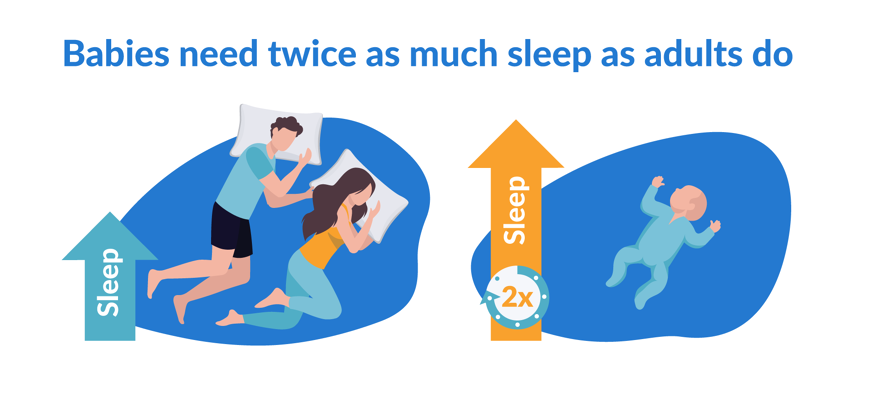
After all, babies are experiencing everything for the first time, and their brains need time to process these experiences. 🧠
The brain uses sleep to do this, which is why the amount of sleep needed is significantly higher for babies than for adults.
You can ensure your baby gets superior quality sleep with the best cot mattresses.
Our favourite cot mattresses:
Sleep calculator for women
Men and women need a similar amount of sleep.
But, studies suggest that, in general, women need approximately 11 minutes [9] more a night.
A recent YouGov study [10] actually found that almost half of the women surveyed woke up tired.
Women are more likely to:
- Struggle to fall sleep
- Wake during the night
Additionally, the physical differences in women and men can cause differences in sleep behaviour.
For instance, women are more likely to suffer from sleep disorders like insomnia, anxiety, and depression.
Why do women need more sleep?
Women's sleep quality is related to hormones.

Many women experience different depths of sleep during their menstrual cycle. 🌖
This is usually just before and after the start of menstruation.
In addition, many women report sleep disturbances during menopause.
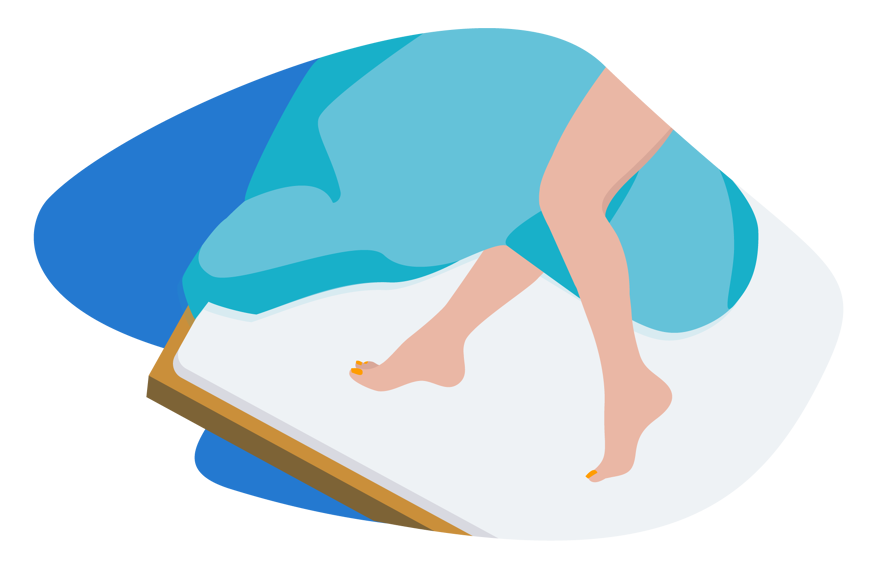
Women tend to experience more dramatic fluctuations than men in their reproductive hormones during their monthly cycle and menopause.
How can women improve their sleep?
Keeping a sleep diary for a few months can help you understand the impact of your cycle on the quality of your sleep.
Improving sleep hygiene with a sleep planner can also help.
For instance, creating a bedroom environment and routine that promotes consistent, uninterrupted sleep is important. 🧘
This can help ensure you still go through the recommended number of 90-minute sleep cycles during the night.
Some women find that small adjustments to their sleep habits, such as taking a warm bath before bed, decrease sleep disturbances.
Sleep calculator for men
For restful sleep, it is important not to wake up in the middle of a sleep cycle.
However, many men wake up before the deep sleep phase due to breathing problems or loud snoring. 👃
Loud snoring is also a symptom of sleep apnoea, which can significantly impact the quality of sleep and quality of life.
Men do, in fact, snore more than women.
According to a study by the American Academy of Sleep Medicine [11], habitual snoring has been found in about 24 per cent of adult women and 40 per cent of adult men.
Both men and women are more likely to snore as they age. 👴
In many cases, an anti-snore pillow can reduce snoring and improve the quality of sleep.
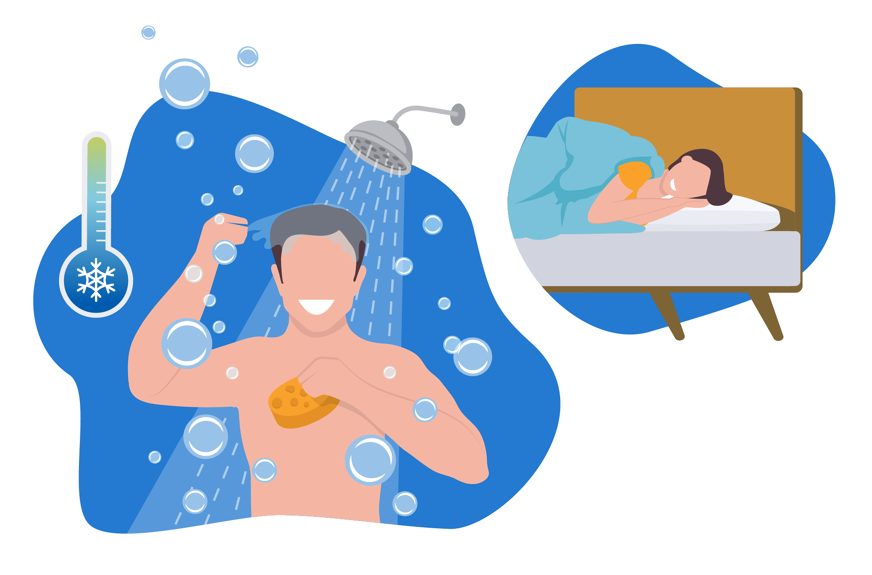
Better sleep hygiene and sleep habits, including showering, sleeping on clean sheets, and keeping a dark room, can help you get a great night's sleep.
How can you fall asleep faster?
Our sleep-wake rhythm is anchored in our genes and has existed for thousands of years.
Unlike our ancestors, the world we live in today never sleeps.
Trains, aeroplanes, cars, screens, mobile phones, televisions, laptops - there are always lights burning and sounds disturbing the night. 📱
In particular, the blue light emitted from mobile phones is known to be disruptive to sleep patterns as it has a stimulating effect on the body and your brain waves.
Living according to the natural rhythm of the sun has become increasingly difficult. 🌇
Many people complain about problems falling asleep, and sleep disorders are increasingly common.
Creating the right bedroom environment and adopting a few sleep rituals can assist, but sometimes all you need is one of the best sleep accessories to help you drift off into a comfortable sleep. 😴
Here are our favourite sleep accessories:
Sleep through the night with the right mattress
Getting a good night's sleep is almost impossilbe without the right mattress.
Our guide on the best UK mattresses can help you find one that will ensure you're snug, comfortable, and supported all night long.
Here are some of our favourite mattresses:
Will a sleep calculator help you?
Understanding your sleep cycle is an important part of making sure you get the right amount of sleep.
Our sleep calculator can help you calculate the amount of sleep you need for your age.
As you start to understand how much sleep you need, you can begin to make small adjustments to your sleep schedule and environment to get a better sleep. 😴
Using a sleep calculator is the perfect place to start!
Table of Contents
Calculate your optimal bedtime
Why should you use a sleep calculator?
What happens if you don't get enough sleep
Day and night: the circadian rhythm
What is the best time to get up in the morning?
How much sleep do you need for your age?
How can you fall asleep faster?
Sleep through the night with the right mattress

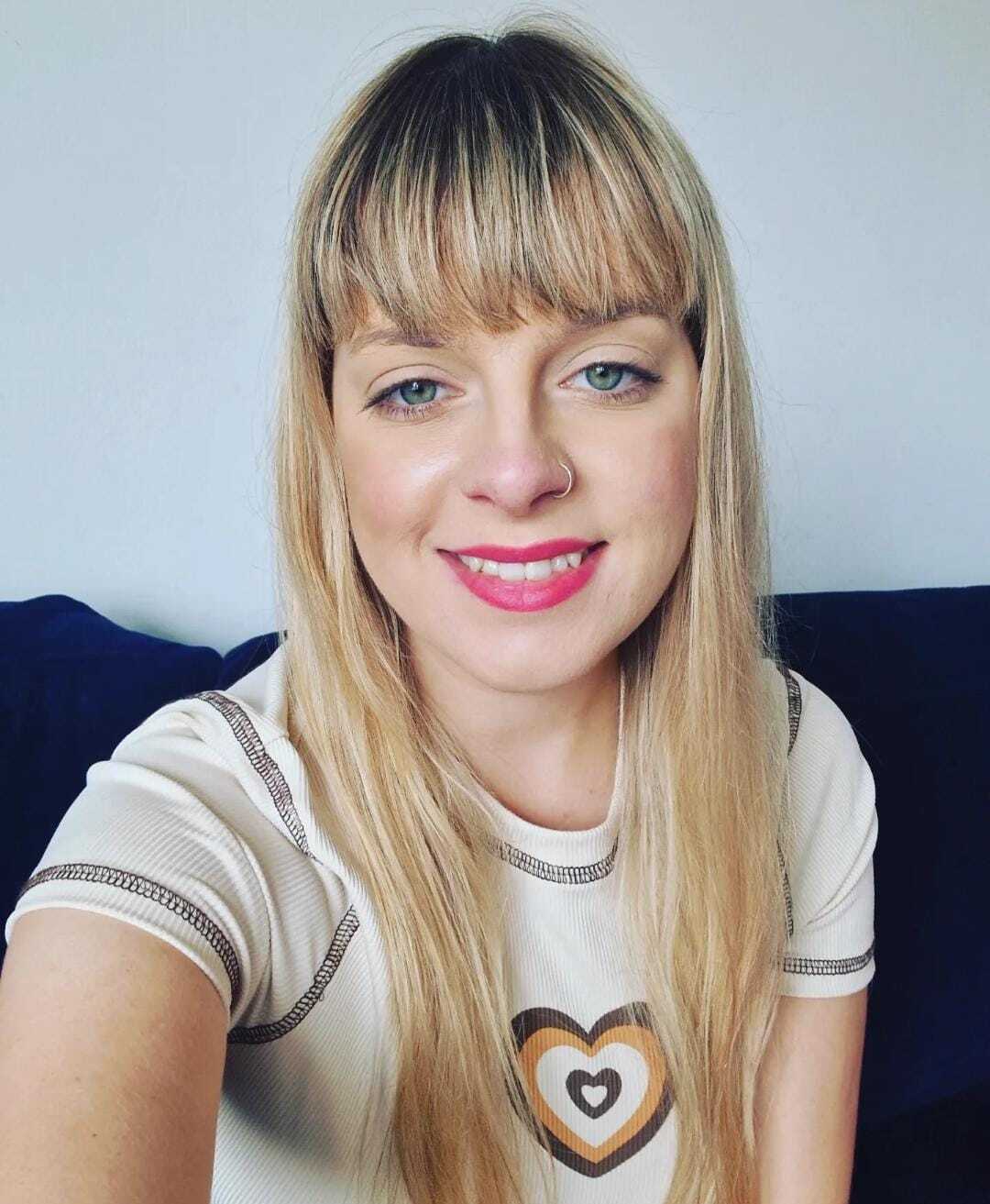





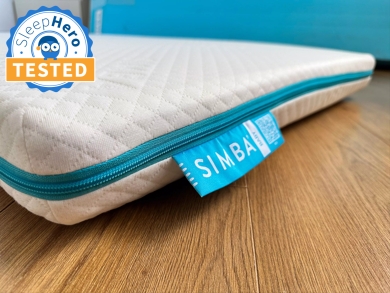



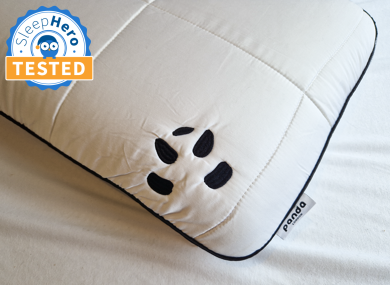



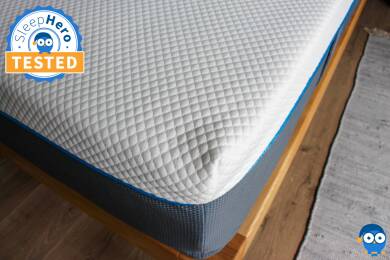
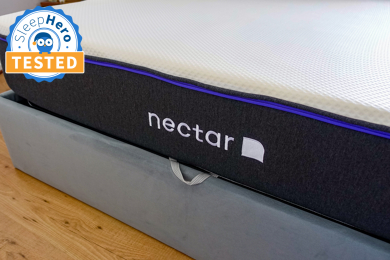

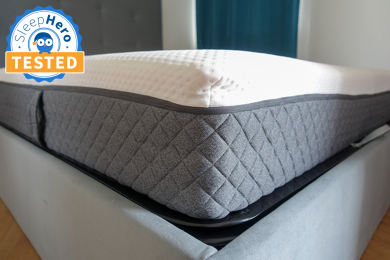

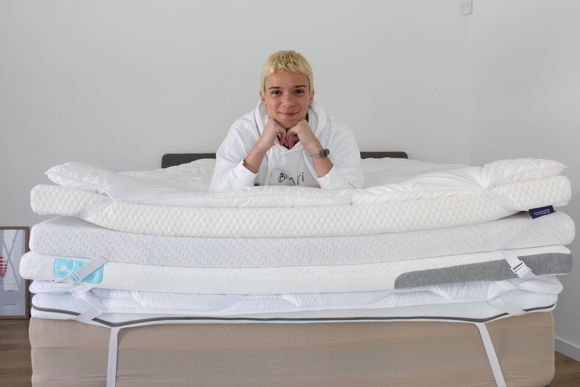
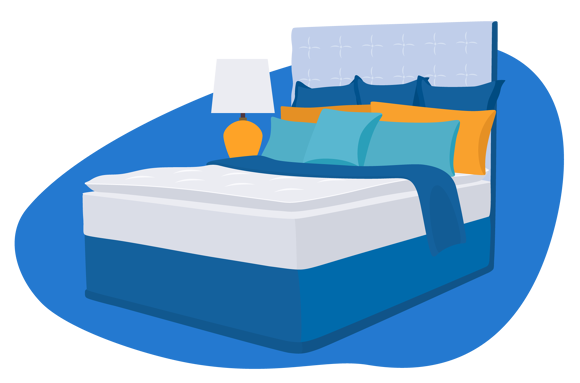
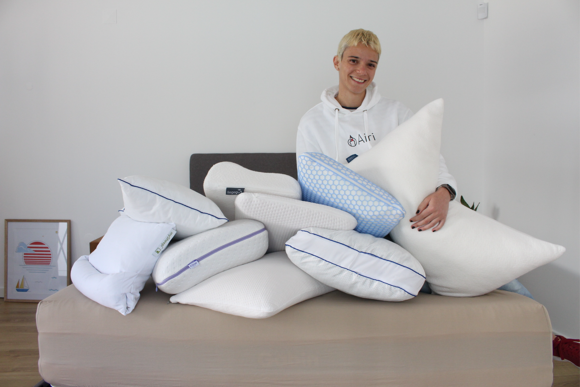


Alternatively, message us directly via the Contact Us page.